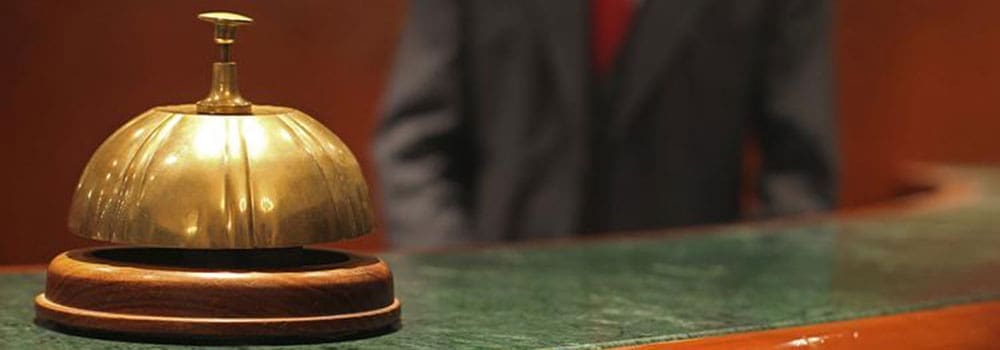Texas has among the highest combined hotel occupancy tax rates of any other major metropolitan areas in the nation, according to the Texas Hotel and Lodging Association. Unfortunately, there are no signs of that changing anytime soon.
Considered a “tourist tax” to many, the Hotel Occupancy Tax (HOT) is often overlooked by critics when compared to property and sales taxes; more accurately, the HOT represents yet another business tax.
This often lucrative revenue stream, however, is not applied to core government services such as roads or public safety. Nor will you see the funds used to offset local property taxes. Instead, due to state law restricting the use of HOT revenue only to tourism-related projects, the funds primarily finance the construction and upkeep of convention centers, sports stadiums, and promotional billboards.
The lack of public scrutiny for HOT is likely due to local taxpayers not feeling financially burdened since it’s often traveling families and businesses paying the hotel taxes. This apathy has led to skyrocketing HOT rates across Texas with little to no pressure on elected officials to keep rates low. Cities such as San Antonio and Houston, levy up to 16 ¾ and 17 percent respectively, on top of state and local sales taxes.
The philosophy is rooted in the belief that projects built using HOT dollars will attract tourists to the area, and in turn, pump additional sales tax revenue into the local economy. The reasoning sounds logical, but doesn’t always deliver upon its promise.
The idea that these HOT projects are funded by tourists alone is a misconception. Tourism is a major part of Texas’s economy, however, the oil and gas industry is an even bigger contributor.
In oil and gas-dependent areas such as the Permian Basin, Eagle Ford Shale, and Barnett, traveling land men and service workers are seen visiting hotels far more often than tourists. In other words, HOT revenue often comes from local businesses, not tourists. The tax burden is then placed primarily on the very companies that are responsible for fueling these local economies, only to be reallocated and spent on projects in hopes of drawing tourists.
When actually dealing with tourists (especially those that are budget-conscious), research shows that higher taxes can have the opposite effect on local spending. The U.S. Travel Association found that one out of every two travelers would alter their plans by shortening their stay or spending less when faced with higher HOT rates. This raises the question as to whether the facilities subsidized by tax dollars in order to lure tourists truly outweigh changes in consumer behavior.
In addition, with a lucrative HOT revenue stream and the strict limitations placed on it by the state, cities have the tendency to create projects that are unnecessary and rarely attract the sales tax windfall officials promise – only furthering its dependence on more HOT tax dollars.
Back in 2013, Empower Texans covered one of the most blatant examples of cronyism perpetrated by the City of Irving, who gave away $23 million to a corrupt developer for literally nothing. The city settled a lawsuit with the same developer for $4 million, only to hire a new developer under an arguably worse contract. After ten years and millions of dollars in unaudited expenditures, the city still has nothing built.
As with any tax, the lack of accountability by constituents has and will continue to cause a snowball effect across Texas. This results in higher hotel bills for Texans and businesses during in-state visits, while simultaneously feeding more dollars into local government coffers for non-essential projects.
But the legislature should also revisit whether or not it’s a good idea to place yet another burden on Texas businesses – and in doing so – creating local slush funds specifically designed to be largely wasted.




